
As an Evangelical Christian, I believed that if I sincerely prayed, God would take care of me, and he would make sure calamity didn’t show up at my doorstep. In those rare instances when it seemed that God wasn’t answering my prayer and I was facing disaster, I thought he was either testing me or chastising me for disobedience.
I was relatively healthy until the early 1990s. I played basketball in the winter and softball in the summer. In the fall, I cut wood, spending hours sawing felled trees into wood stove-sized pieces. I hunted in the fall/winter, walking for miles in the Appalachian foothills. I was, by every measure, a healthy but increasingly overweight man.
Today, I am a disabled old man, worn thin by chronic illness and debilitating pain. Since last August, I have had surgery, been to the emergency room twice, including last night, battled complications from the aforementioned surgery, had numerous tests, and have had way too many medications added to my daily pill-popping regimen. To say that I am tired of being sick and tired would be a gross understatement. I am back to seeing my counselor regularly, if for no other reason than I fear I am getting perilously close to saying, I don’t want to do this anymore.
I am still amazed by how quickly the circumstances of my life have changed. It seems that life is being sucked out of me ever so slowly. Gone are the days of strenuous physical activity. Now I am happy to take a short walk with Polly or tour our yard, looking at the flowers, bushes, and trees. Our home is littered with projects in various stages of completion. I will get to these projects soon, I tell myself. The pile of unread magazines on the end table continues to grow, even though I subscribe to few magazines these days. The same could be said for the unread books that line the shelves in the dining room. A week ago, I developed inflammation in the left side of my ribs and sternum. It is painful for me to even type. I have had this pain in the past, but coupled with abnormally high blood pressure readings (226/110) and a pounding headache, I thought I might be having a heart attack or stroke, thus my trip to the ER last night. Fortunately, after three hours of tests, the doctor concluded that yes, my blood pressure was high, but it was unlikely that I was having a heart attack or stroke.
Five years ago, I went over to my oldest son’s home to wire their new bedroom and bathroom. My coming over to help quickly turned into me taking extra doses of narcotic pain medication and sitting on a chair while I told others what to do. I was able to get the circuits where they needed to go, and I suppose I could make myself feel good over my son still needing my expertise, but I quietly wept inside as I thought about how much I had lost. Today? Attempts to do something physically strenuous are met with the screaming objections of my body. I sometimes push through the pain, knowing that I will pay a heavy price for ignoring my body’s vociferous objections. I shouldn’t do these things anymore, but the only thing worse than not doing them is feeling that my expertise and help are no longer needed. We all want to feel needed by those we love.
One of the most significant issues that dominate my every-other-week counseling sessions with Dr. Deal is my unwillingness to embrace life as it is. Just last week, we talked about the difficulty I was having taking baths and showers. Polly has to be nearby just in case I fall. Dr. Deal strongly suggested I purchase a shower seat and a tub support rail. I thought I am not going to do that. Sixteen years ago, I managed the Yuma office of Allegro Medical — a direct medical equipment company. We made deliveries of equipment to the homes of older people or nursing homes. I am not that old, right? Reason eventually prevailed. I ordered a seat and a rail from Amazon.
Even my family doctor has talked to me about the fine line between giving up and being smart about embracing reality. The notion of putting mind over matter is patently false, at least for me. There will be no more days of playing basketball or softball. There will be no more days of feeling the sweat run down my face and back as I cut wood on a crisp fall day. There will be no more days of trudging through the woods playing a game of hide-and-seek with a cottontail rabbit or a fox squirrel. No matter how much I want it to be different, I will never be able to read like I once did. While the voracious appetite for the printed page is still there, the ability to process it is long gone. This is my life, and there is not one damn thing I can do about it.
As a Christian, I believed that my physical afflictions were the result of God making me more like Jesus. I thought the way to Heaven was paved with pain and suffering. I can confidently say that God never answered one prayer when I cried out to him for physical relief or deliverance. I came to see that I was like the Apostle Paul who prayed for deliverance and God told him no. (2 Corinthians 12:6-9) God seems to always say no.
These days, I realize that the diseases that are ever-so-slowly taking life from me are the result of a combination of genetics, environment, and lifestyle choices, with a topping of “who the hell knows.” When I whine and complain about my lot in life and say “why me?” the universe laughs and says, “why not you?”
Bad things don’t always happen to other people. It is not always another family’s child who gets cancer or is killed in a car accident. It is not always someone else who has a brain tumor, goes through a divorce, or loses a job. It’s not always someone else who gets infected with COVID-19. It is not always someone else who loses everything in a fire, tornado, hurricane, or flood. The truth is that life is a big crapshoot: good luck, bad luck, at the right place, at the wrong place, good genetics, bad genetics, growing up on the right side of the tracks, growing up on the wrong side of the tracks, marrying the right person, marrying the wrong person. The list is endless.
As I peruse humankind’s ways, it is clear to me that very few people live to be old without facing trial and adversity. It is just how life is. If there really is a God, I might find some pleasure and satisfaction in saying DAMN you, God, but since there is no God, I am left to shout at a universe that yawns at my death-defying struggle. If the universe could speak, it surely would say, this movie always ends the same way. Death. Next.
It is futile to see life other than as it is. Wishing for days that are long since gone only results in depression and despair. We must embrace life as it is while we go kicking and screaming into the night. We have two choices in life: fight or roll over and die. Yes, life is unfair and bad things happen to good people. Shit happens, and it doesn’t always happen to someone else.
Let me end this post with a poem by Dylan Thomas, an early 20th-century poet who died at the age of 39:
Do not go gentle into that good night,
Old age should burn and rave at close of day;
Rage, rage against the dying of the light.
Though wise men at their end know dark is right,
Because their words had forked no lightning they
Do not go gentle into that good night.
Good men, the last wave by, crying how bright
Their frail deeds might have danced in a green bay,
Rage, rage against the dying of the light.
Wild men who caught and sang the sun in flight,
And learn, too late, they grieve it on its way,
Do not go gentle into that good night.
Grave men, near death, who see with blinding sight
Blind eyes could blaze like meteors and be gay,
Rage, rage against the dying of the light.
And you, my father, there on the sad height,
Curse, bless, me now with your fierce tears, I pray.
Do not go gentle into that good night.
Rage, rage against the dying of the light.
Bruce Gerencser, 66, lives in rural Northwest Ohio with his wife of 45 years. He and his wife have six grown children and thirteen grandchildren. Bruce pastored Evangelical churches for twenty-five years in Ohio, Texas, and Michigan. Bruce left the ministry in 2005, and in 2008 he left Christianity. Bruce is now a humanist and an atheist.
Connect with me on social media:
Your comments are welcome and appreciated. All first-time comments are moderated. Please read the commenting rules before commenting.
You can email Bruce via the Contact Form.

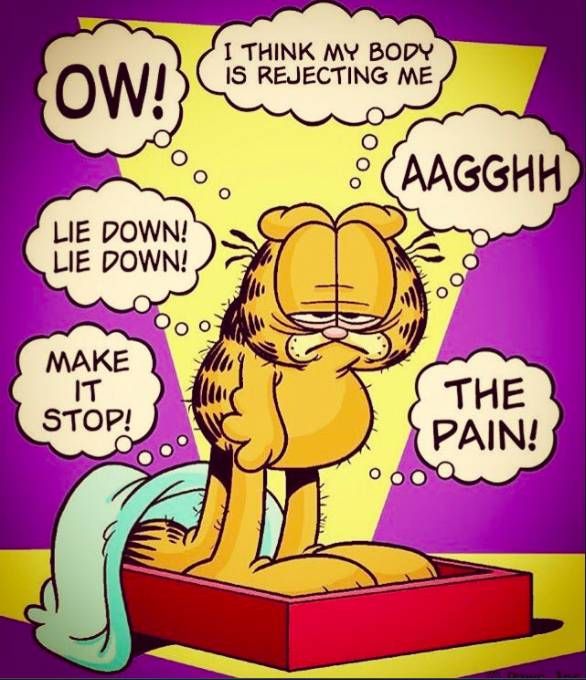
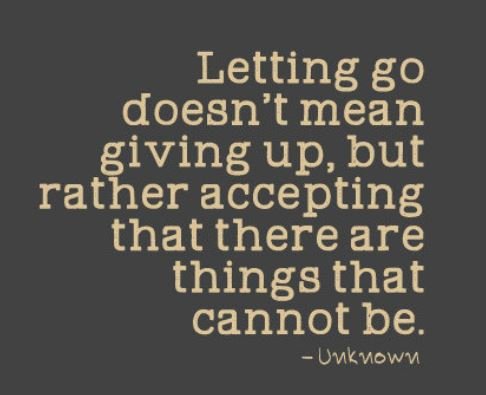
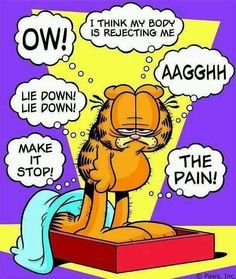

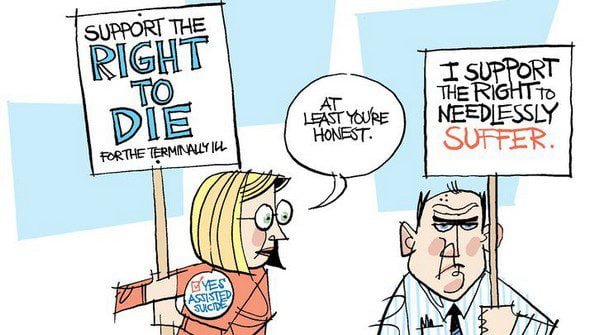

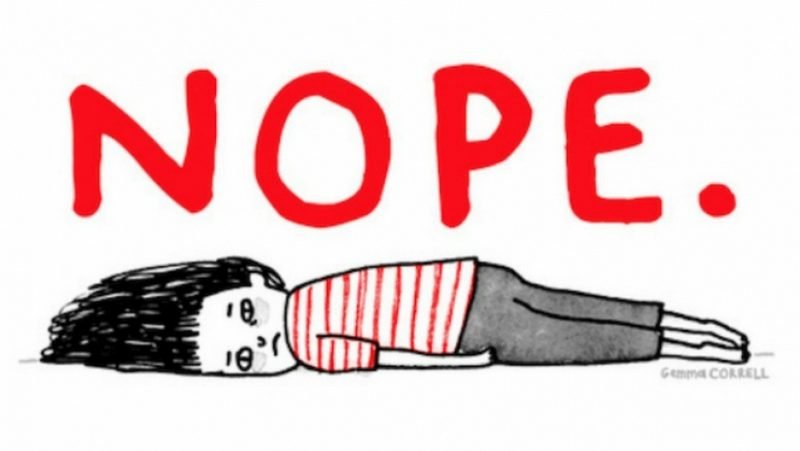

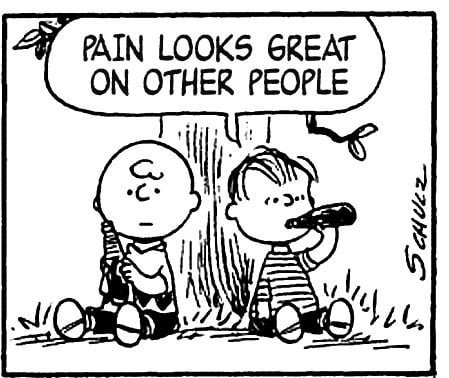
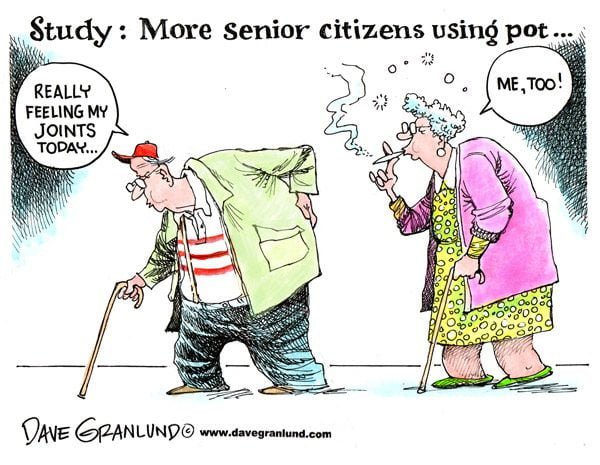
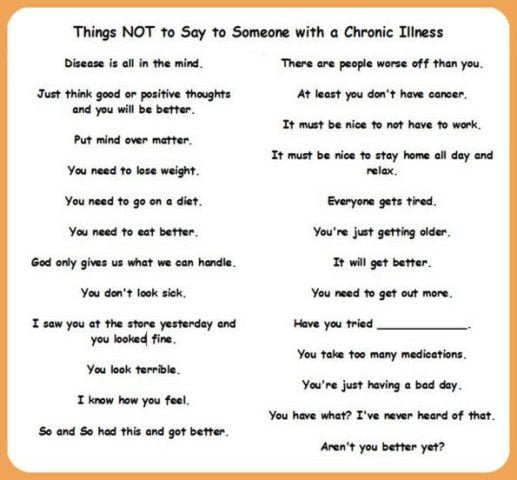
 I know that writing this post and making it prominently available will do little to stop certain readers offering unsolicited medical advice. It is not like I can ban them or anything. As long as I have a widely read blog and make it easy for people to contact me, I am going to receive emails, letters, telephone calls, texts, packages, and personal visits from pretend doctors. That doesn’t mean, however, that I can’t bitch about it. Praise Loki for the power of bitching, amen? Amen!
I know that writing this post and making it prominently available will do little to stop certain readers offering unsolicited medical advice. It is not like I can ban them or anything. As long as I have a widely read blog and make it easy for people to contact me, I am going to receive emails, letters, telephone calls, texts, packages, and personal visits from pretend doctors. That doesn’t mean, however, that I can’t bitch about it. Praise Loki for the power of bitching, amen? Amen!